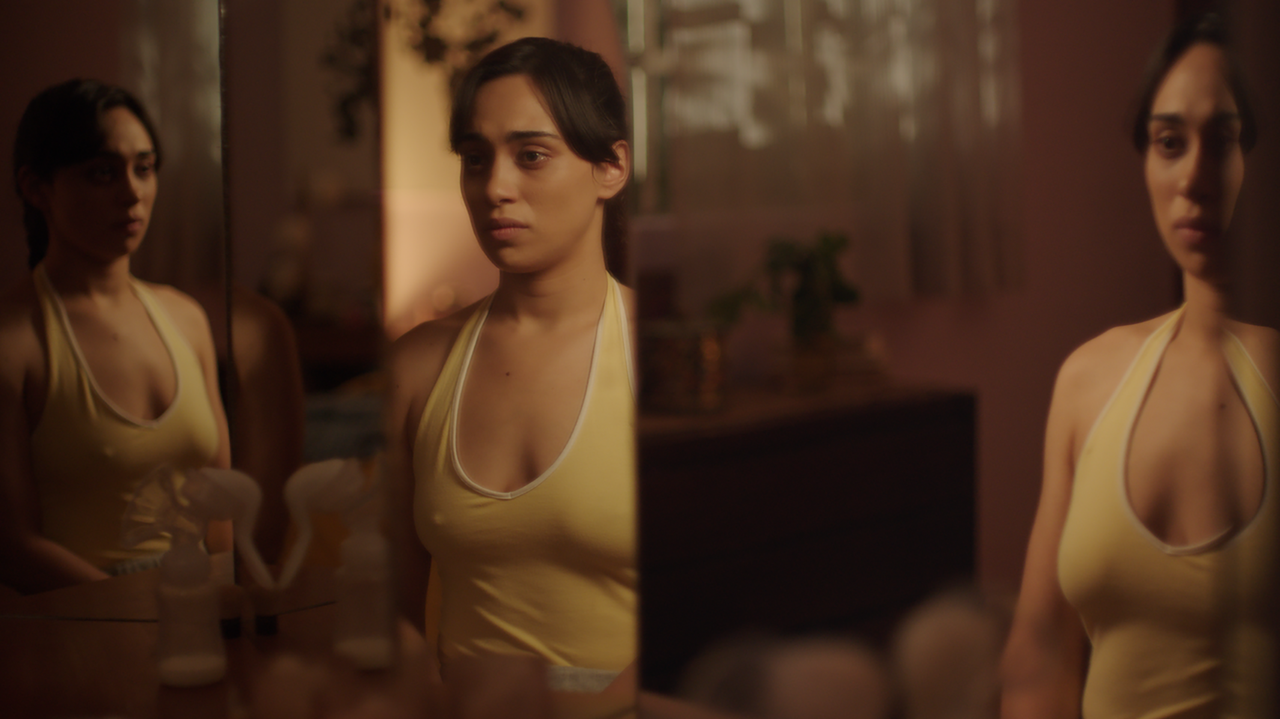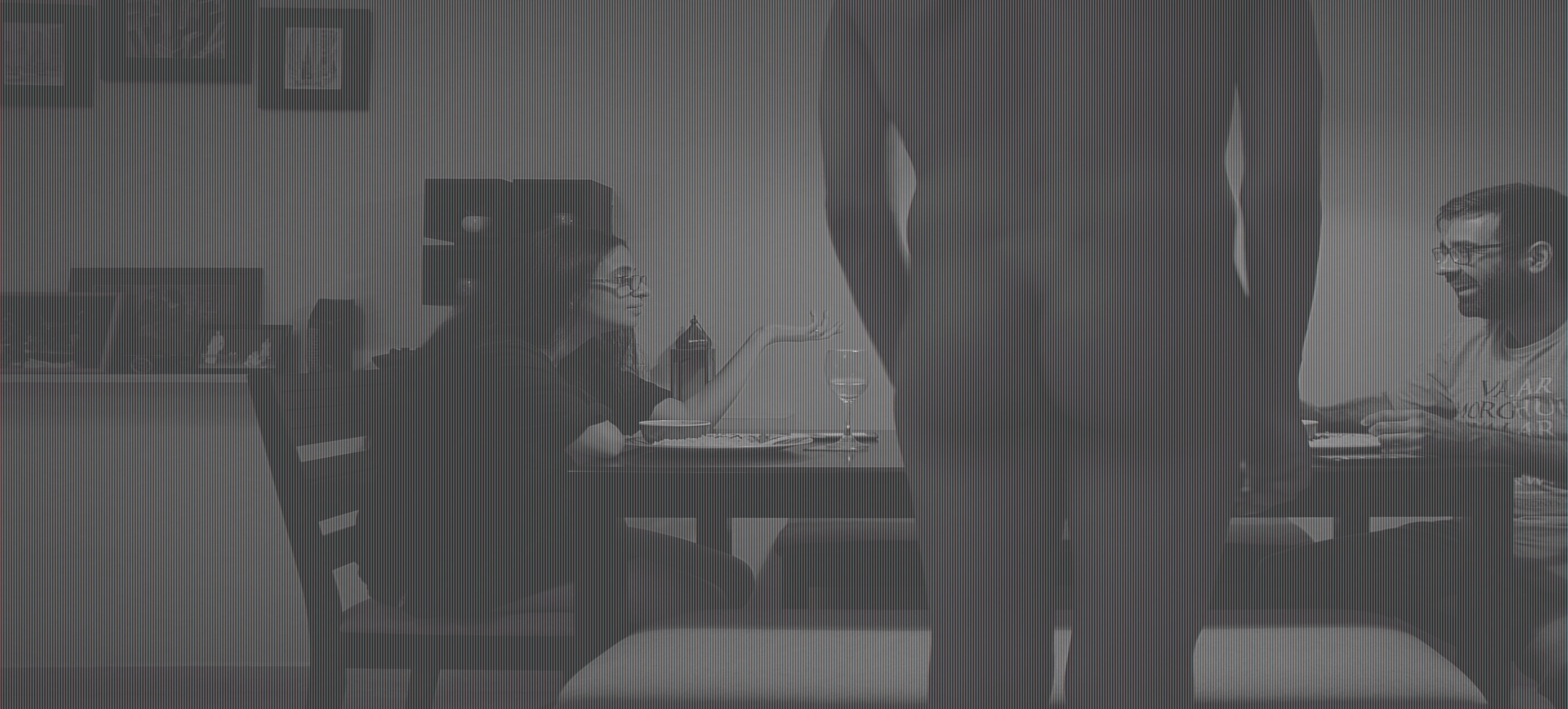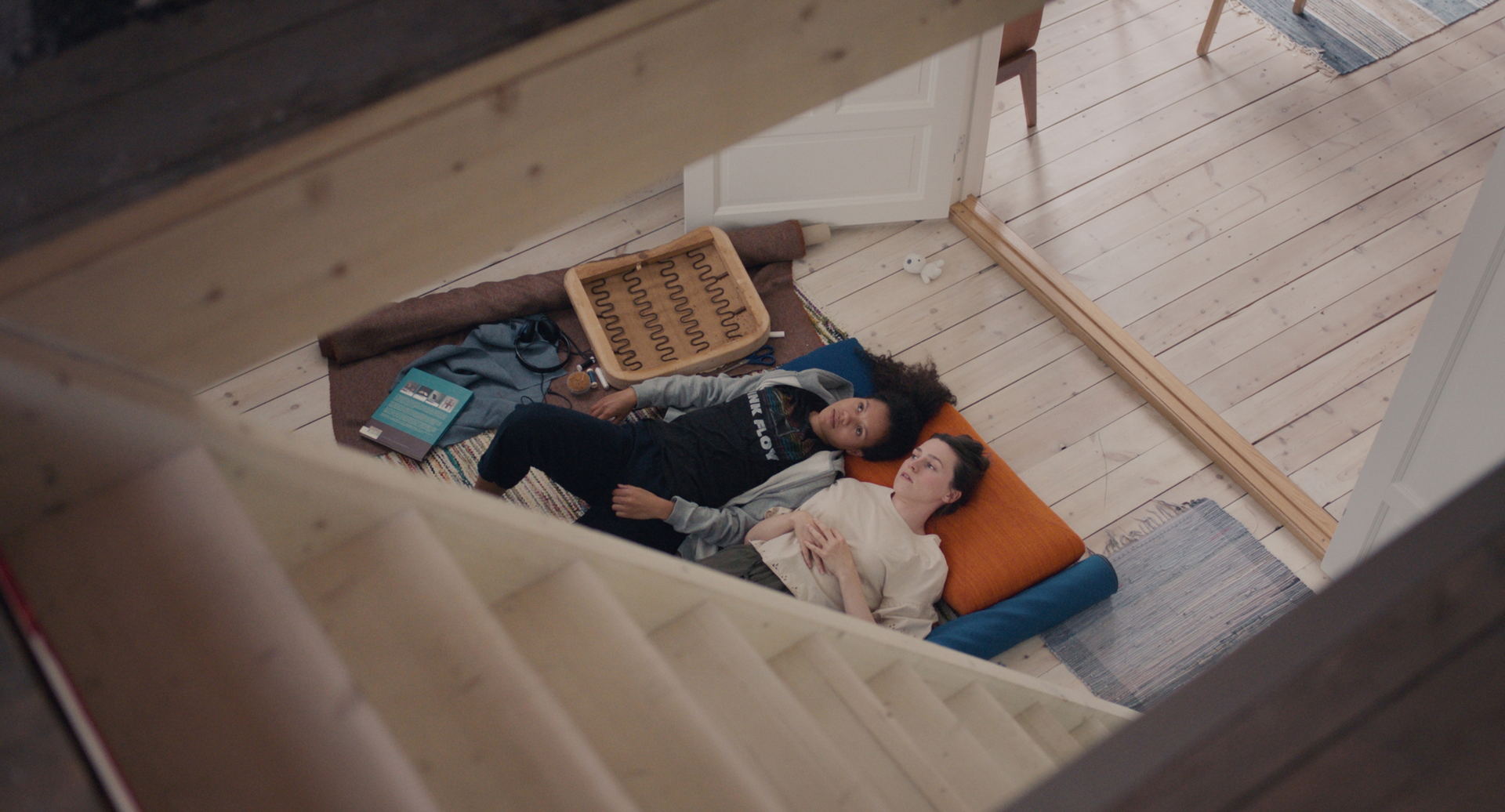Now Playing
Current DJ: Commodore Jones
Cameron Winter We're Thinking the Same Thing from Heavy Metal (Partisan) Add to Collection
Requests? 773-DJ-SONGS or .(JavaScript must be enabled to view this email address)

written by Kyle Sanders, reporting from the 58th Chicago International Film Festival
The cultural conversation around gender and identity may be progressively changing, but that shouldn't suggest it has become any easier to understand. I guess you could say society is in the midst of a "transition," as old philosophies regarding gender and sexual orientation have expanded and evolved into new territories that are at once refreshing and unfamiliar. In other words, reactions to such ideas have been both celebratory and violent.
In a way, this is a dialogue that many have been anxiously wanting to have, but just never knew how to approach it. For others, the topic goes so far beyond their traditional way of thinking that it's too frightening to comprehend. It's a conversation that's been difficult to start, and its conclusion remains uncertain. Perhaps that explains why the Chicago International Film Festival features several LGBTQ+ titles from filmmakers who have taken that conversation into creative territories ranging from delightful to horrific.

Huesera
Taking the latter approach is Huesera (Mexico). Directed by Michelle Garza Cervera, this horror film involving folklore and witchcraft involves a heterosexual couple overwhelmed with joy upon learning they're going to have a baby. Mother-to-be Valeria, a former lesbian teen punk who once stood against domestication, soon begins having terrifying visions of what she believes is La Huesera, "the bone woman." While her paranoia is dismissed by her unconcerned husband and family, she desperately turns to dark magic as a means of protecting herself and the future of her growing family.

Fairy Folk
On a more lighthearted note comes Fairy Folk (India). A mysterious--and completely naked--creature from the woods crosses paths with a bickering young couple named Mohit and Ratika and follows them home. Without genitals and the ability to talk, the couple soon adopts it into their lives before discovering it can shapeshift. Mohit and Ratika take advantage of the situation, hoping to create idealized versions of each other through the creature. Their inability to communicate their desires and expectations with one another soon causes more problems in their already complicated relationship.

A Human Position
Taking a far more subtle approach to this theme is A Human Position (Norway). The film focuses on Asta, a journalist in a sleepy Norwegian town who lives with her bohemian girlfriend. When a story involving the deportation of a local asylum seeker comes across her desk, Asta takes advantage of the opportunity to step away from her usual uneventful subjects to do some deep investigation to uncover the truth. In the process, her life begins to alter both professionally and personally.
All three films involve characters dealing with issues they seem completely out of their depth at handling. For Huesera's Valeria, her picture-perfect design of marriage and motherhood is too formidable to achieve. Upon announcing her pregnancy, her sister scoffs that she'll never be able to handle motherhood, as an unfortunate babysitting incident from her past is enough to label her "not a kid person." This is further established when every encounter she has with a child finds them making disturbingly hostile faces at her. Even her talents as a carpenter--typically viewed as man's work--suggest she's more delicate with inanimate objects than she could ever be with a child.
It isn't until we are provided a flashback of a teenaged Valeria--all buzzed head and punk attitude--that we understand her anxieties with adulthood. At one point she's seen screaming "I don't like domestication!" as she runs down a hill, hand-in-hand with her girlfriend. It's this former, carefree life that Valeria yearns for the most, and as she deals with a sinister entity, she finds herself regressing back to old habits (including late-night visits to her ex-girlfriend's place).
That earlier identity brought her more joy than the seemingly comfortable lifestyle she currently lives in, and creating the perfect, happy family with a loving husband and child will not fulfill any personal desire, because the life she's currently living is just a "fake." She'll have to sacrifice this faux-identity in order to save herself and those she's pulled into her web of empty fantasy.
For couple Mohit and Ratika in Fairy Folk, their expectations for one another ultimately create an identity of their androgynous, epicene visitor. At first, it's Mohit who seems to be in control of the being: directing it to stand, sit, or serve dinner to Ratika. After a night of drinking, an uninhibited Mohit affectionately kisses the being, causing it to shapeshift into a male-presenting person. While it shares Mohit's memories, he has traits that Ratika finds appealing but Mohit resenting.
This shapeshifting discovery gives Mohit and Ratika the opportunity to retrace their footsteps and find another being so that Mohit can create an idealistic version of Ratika. They recreate every single step made--except with Ratika in charge--and while they succeed in creating a companion for Mohit, that being is presented male with female genitals.
This is where it gets very interesting, because this version of "Ratika," while sharing her memories and thoughts, decides to create their own name, "Hansa," as a means of distinguishing themselves from Ratika. While Mohit obviously feels more comfortable around Hansa than he ever did with Ratika, he isn't attracted to Hansa because they don't have the feminine traits Mohit desires in a companion. The idea of creating the perfect partner isn't as easy as one would hope it to be.
Compared to the previous two films, A Human Position is far more low-key with identity. This slow burner is far moodier, with gray overcast skies that contrast against the sky blue architecture of a seaside town. Even its protagonist, Asta, spends the greater part of her mundane life dozing off on couches or yawning en route to her next interview.
Asta's lesbianism is presented more conventionally, establishing a lived-in relationship with her same-sex partner. Yet there is very little affection that's visible between them, hinting that Asta could be recovering from a possibly traumatic experience. You notice it in her professional life as well, as if she's just going through the motions in order to get back to some kind of normalcy. It's not until she's given an assignment that presents her with a challenge that starts to wake her up. She finds herself not only seeking answers about her subject, but about the laws and governance of her country, one whose rules have never been questioned because things appear so well that no one should be "allowed to complain about them."
How this government failed the asylum seeker she's investigating is beyond her comprehension, but she feels she must go beyond her comfort zone to find out. In a way, this "impenetrable, neglectful" system is a lot like her current situation, and if the system should change, perhaps she needs to do the same. Gradually, her trauma reveals itself, and before the closing credits, the sun begins shining across this previously clouded town. Asta's girlfriend enjoys the hobby of reupholstering old furniture, giving something old a fresh start. Asta is finding that fresh start for herself as well, realizing that no matter how lost in the world she can sometimes feel, she will never lose herself
Gender and identity include layers, nuances, and subtleties that we've only begun to scratch the surface of and will continue to do so until we have fully dissected their meanings. They are one and the same: neither should be defined as ideal or permanent, or be universally accepted by all. As these films suggest, no one should be burdened to change (Huesera) or remain unaltered (A Human Position), and what we want for ourselves and what we desire from others is never absolute (Fairy Folk).
Next entry: Chasing the White Whale: Band, The Kings of the World, and The Big Payback
Previous entry: The Fourth Wall: The Spanish Prisoner